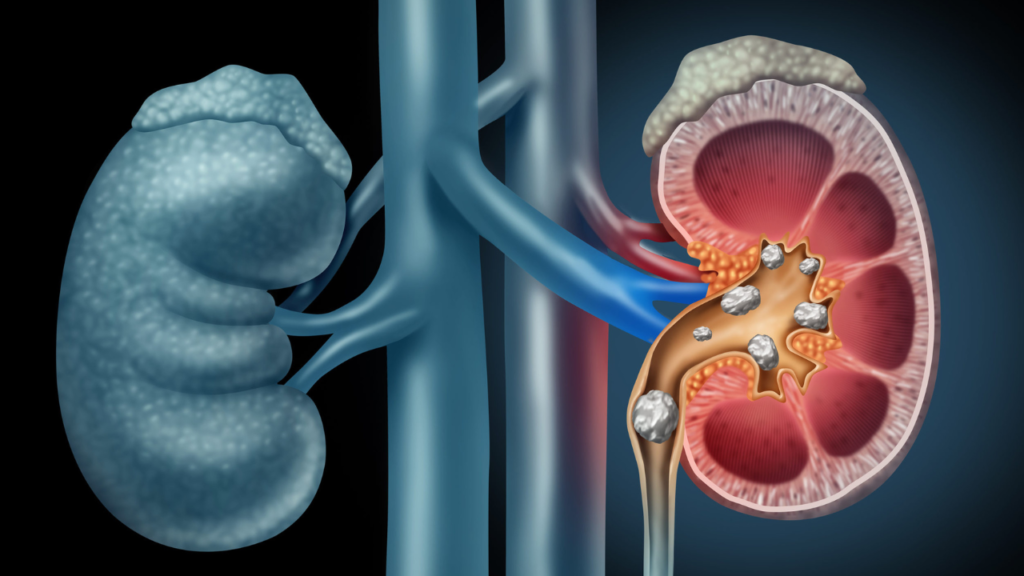
Kidney stones, a painful condition affecting millions, find a revolutionary solution in laser treatment. In this comprehensive guide, we unravel the complexities of laser treatment, emphasizing its effectiveness, and featuring insights from Dr. Dhake, renowned as the best urologist in Pune. With a wealth of experience and a commitment to patient care, Dr. Dhake has elevated the standards of urological treatment in Pune. This guide aims to shed light on the process while highlighting the excellent care provided at Dr. Dhake’s Urology Clinic in Pimpri Chinchwad, Pune, making it the go-to destination for those seeking cutting-edge and compassionate kidney stone management.
Understanding Kidney Stones:
To comprehend the significance of laser treatment, it’s crucial to first understand what kidney stones are. These small, hard mineral and salt deposits can form in the kidneys, causing intense pain as they travel through the urinary tract. Factors such as dehydration, diet, and genetics contribute to their formation.
Traditional Approaches vs. Laser Treatment:
Historically, kidney stones were managed through traditional methods such as medication and lifestyle changes. However, laser treatment has revolutionized the approach. Unlike invasive surgical procedures, laser treatment is minimally invasive, reducing the risks associated with conventional methods.
The Laser Treatment Process:
Laser treatment for kidney stones involves the use of a specialized laser to break down the stones into smaller, more manageable fragments. A thin, flexible tube with a laser fiber is inserted through the urinary tract, directly targeting the stones. The precision of this method minimizes damage to surrounding tissues, promoting a faster recovery.
Advantages of Laser Treatment:
Precision and Efficacy: Laser treatment precisely targets and fragments stones, ensuring a higher success rate.
Minimally Invasive: Compared to traditional surgery, laser treatment requires smaller incisions, leading to reduced pain and a shorter recovery period.
Reduced Risk of Complications: The minimally invasive nature of laser treatment lowers the risk of infection and other complications associated with more invasive procedures.
What to Expect During and After Treatment:
Patients undergoing laser treatment can expect the procedure to take about one to two hours. Post-treatment, there may be some discomfort, but patients typically experience less pain compared to traditional methods. Adequate hydration and follow-up appointments are essential components of the recovery process.
Addressing Concerns and Myths:
Misconceptions surrounding laser treatment for kidney stones are not uncommon. It’s important to address concerns, such as radiation exposure and long-term effects, to provide patients with accurate information and alleviate any fears they may have.
Conclusion:
Laser treatment for kidney stones, championed by Dr. Dhake, marks a significant advancement in urological care. His reputation as the best urologist in Pune is a testament to his expertise and dedication to patient well-being. With Dr. Dhake at the helm, the Urology Clinic in Pimpri Chinchwad, Pune, stands as a beacon of excellence, combining state-of-the-art technology with personalized care. For those seeking effective and less intrusive solutions, Dr. Dhake’s commitment ensures that patients not only receive top-notch medical care but also experience a supportive and compassionate journey toward kidney stone management. Always consult with Dr. Dhake for a personalized treatment plan based on individual circumstances and experience the pinnacle of urological expertise in Pune.




